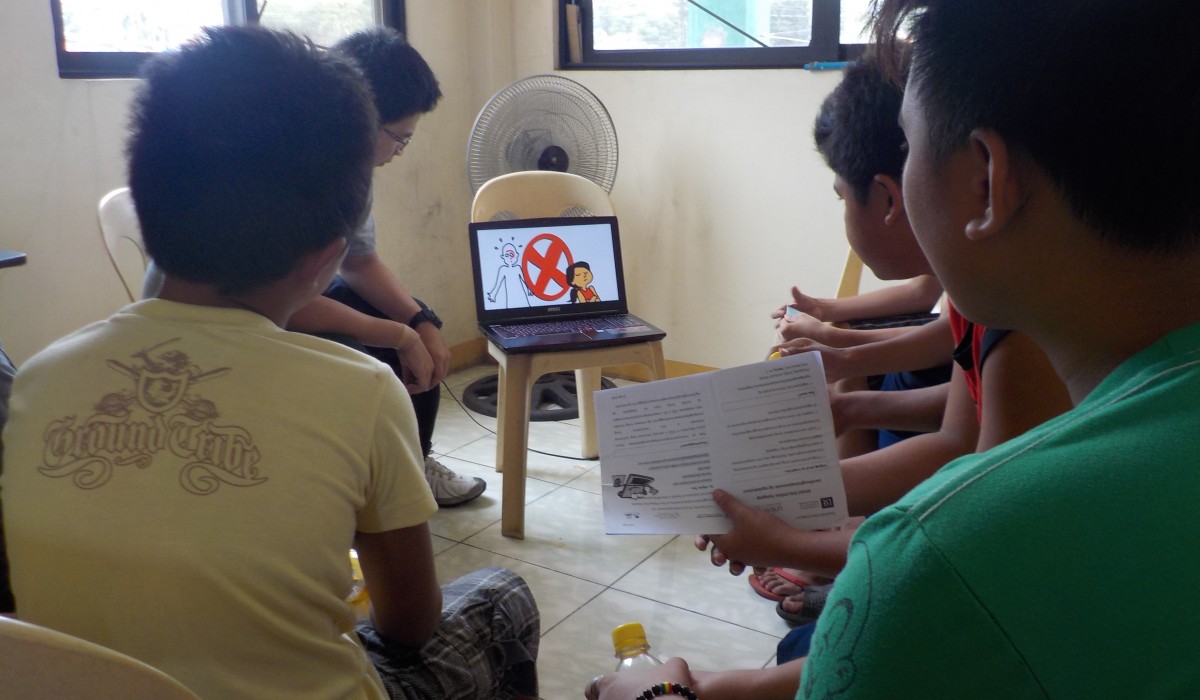Search Global Kids Online
-
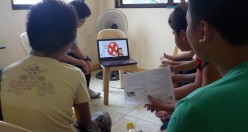
Start of the pilot research in the Philippines
27th October 2016
The Global Kids Online Philippines project was carried out by the University of the Philippines, Manila and focused on in-depth understanding of children’s online experiences, looking both at the risks and opportunities and their impact on child well-being. This report presents the findings from the pilot study.
-
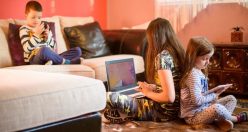
Global Kids Online Montenegro
21st October 2016
The Global Kids Online Montenegro project was carried out in 2015-16 and involved a survey and qualitative research with children aged 9–17, their parents and schools’ representatives.
-
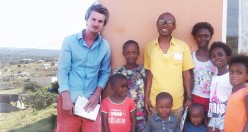
Global Kids Online South Africa
24th June 2016
This study was conducted by the Centre for Justice and Crime Prevention (CJCP) and aimed to pilot the Global Kids Online research tools in a low income country, as well as gather rigorous and comparable evidence on the nature of children’s internet use in South Africa.
-
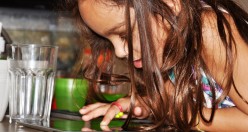
Global Kids Online Serbia
5th May 2016
The report represents the findings from the Global Kids Online Serbia carried out by UNICEF Belgrade and the Institute of Psychology at the University of Belgrade. It represents the country findings in relation to children’s online experiences, rights, and needs and the specific challenges that arise from the particularities of the Serbian context.
-
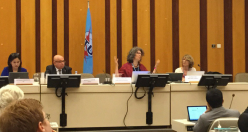
Global Kids Online at World Summit on the Information Society
4th May 2016
Sonia Livingstone and Jasmina Byrne presented Global Kids Online at the World Summit on the Information Society in Geneva. They pointed out that, although children are often celebrated as the internet pioneers or ‘digital natives’, in most countries it is not even known how many children have internet access, let alone whether its use is beneficial or harmful for them.
-
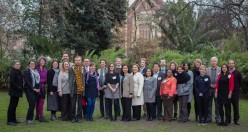
A meeting of Global Kids Online ahead of launch of global toolkit
3rd May 2016
LSE Department of Media and Communications and UNICEF Office of Research – Innocenti convened the second Global Kids Online network meeting at LSE on 21 and 22 March 2016. The meeting brought together close to 40 academics, researchers, and UNICEF staff from 14 different countries, including Argentina, Bulgaria, Ghana, India, Montenegro, the Philippines, Serbia, and South Africa, as well as representatives of the UK Home Office and WeProtect.
Popular tags


